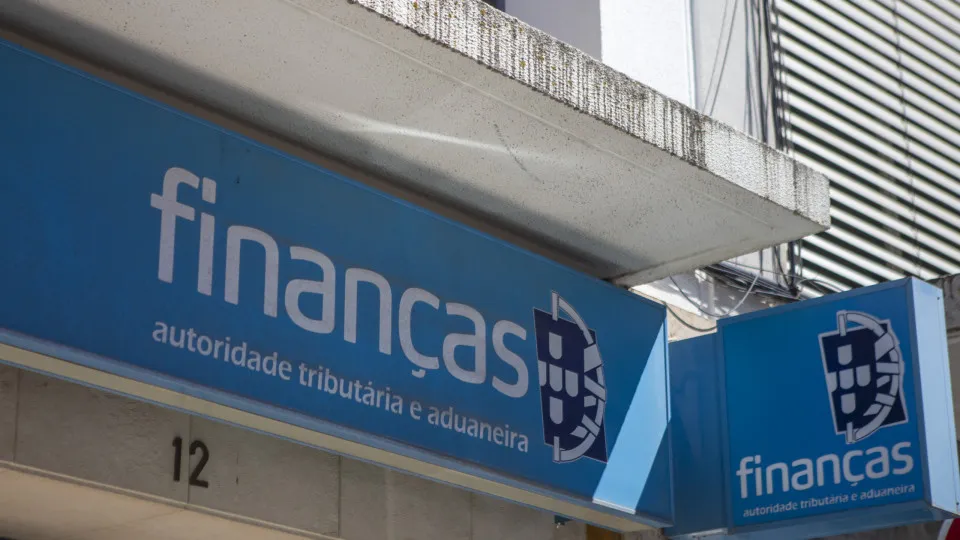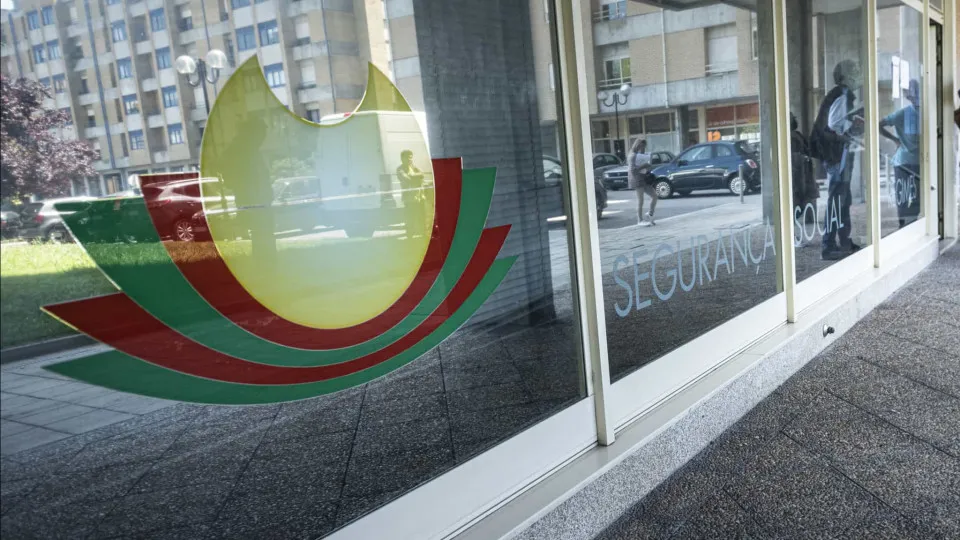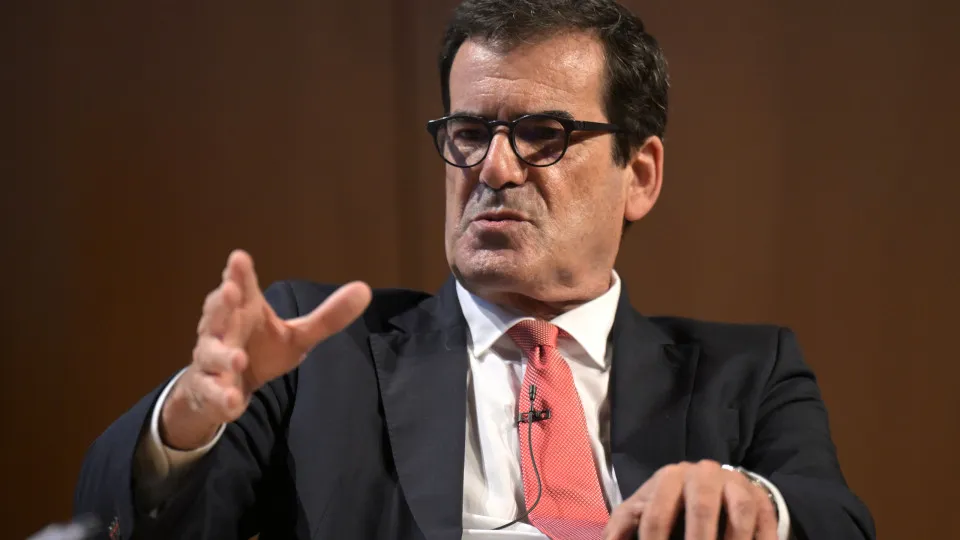
The document was submitted to parliament late in the morning by the national president of the union, Gonçalo Rodrigues.
Outside the Assembly of the Republic, STI union delegates gathered in protest, displaying the union’s flags.
The memorandum aims to inform parliament about the delay in implementing the permanent evaluation model for professionals in the special inspection, management, and auditing careers.
This system was established in 2019 when the latest decree regarding special careers of the Tax and Customs Authority (AT), Decree-Law No. 132/2019, dated August 30, was published but has yet to be regulated.
The document stipulated that the government, through orders from the members “responsible for the areas of finance and public administration,” should define the “methodology, procedures, and outcomes related to permanent evaluation.”
In today’s memorandum, the STI protests against the delay. “The AT and the government are demanded to publish the permanent evaluation regulation without further delay, establishing a mechanism for career acceleration,” writes the union president, declaring it “imperative to equate the dignity of AT professionals with that of other state professionals who have legitimate expectations of reaching the top of their careers.”
In the letter, Gonçalo Rodrigues mentions that he managed to ensure the permanent evaluation system was enshrined in the latest 2019 decree “as a means of valuing and promoting employees based on results and the technical quality of knowledge.”
“Despite [the permanent evaluation system] being enshrined in the legal framework of the Tax and Customs Career Statute, regulated by DL 132/2019 of August 30, specifically in its articles 23 and 24, its regulation was never realized,” recalls the STI president.
According to the union leader, “this inertia is not new within the Tax and Customs Authority,” as in the previous careers decree of the former Directorate-General for Contributions and Taxes (DGCI), regulation and implementation only occurred with Paulo Macedo’s arrival at the institution’s helm in 2005.
For the STI president, “the lack of realization of this tool” since 2019 “represents a serious gap, depriving citizens and companies of an excellent AT, as well as the benefits and recognition that the legislator envisioned for its workers.”
The union proposes that “to correct the current delay in career progressions (currently requiring 72 years to reach the top),” the regulation should integrate three “essential elements.”
The first involves the mandatory annual technical knowledge and professional skills test, allowing the AT to confirm the updated qualifications of special career professionals.
Secondly, it advocates that “obtaining a positive evaluation in the annual test should confer a tangible and direct benefit in the career trajectory.”
“This benefit should translate into the allocation of one point, for career progression purposes, to be added to the points obtained from the final classification of the Integrated System of Management and Performance Evaluation in Public Administration (SIADAP) for that year,” it specifies.
Thirdly, it argues that beyond the impact on the annual SIADAP, “the permanent evaluation must allow for faster career progression, similar to what already occurs with other state careers benefiting from their own evaluation and accelerated progression systems.”




